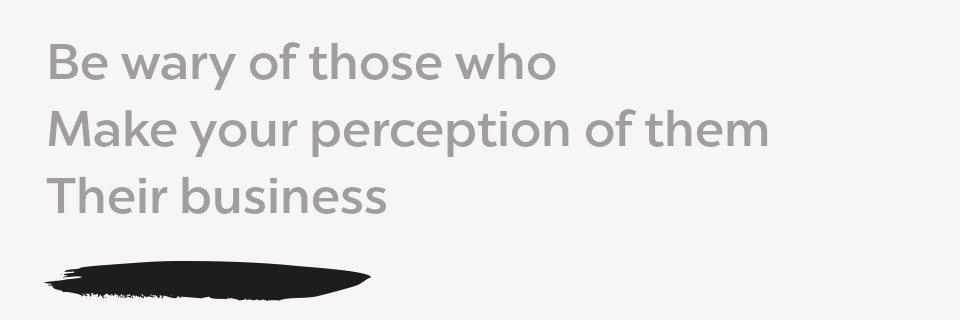In my newsletter this week, I told the story of how the list of excuses came about. (You’re subscribed, right?)
I had been working with a management team to increase accountability and responsibility in their company culture, but was hearing excuses left and right from the management themselves.
In frustration, I sat down for a few hours over one weekend and wrote down all the excuses and deflections, and came up with a list of fifty, which I presented to them as a tool..
Fascinatingly, even armed with the list of the “Company Fifty,” the CEO started to exhibit what became fifty-one: The Pre-Name.
“I know this is an excuse, but…”
Clever, right?
He used the same excuses he had used before, only now with a fore-acknowledgment that he knew he was making an excuse.
With this, the excuse maker pre-names the issue to appear responsible, and then rolls out the behavior anyway. It couches the statement that follows with a false knowing. The result is, if someone retorts, “That’s an excuse,” it has far less power, and may even seem silly to say, since they’re no longer adding anything to the conversation.
This excuse is common among the newly self-aware. The Pre-Namer learned about responsibility, but has not yet embodied that learning to some degree. For example:
- “I know I have a tendency to be overly critical, but I have a judgment about…”
- “I don’t mean to be argumentative, but what the hell are you talking about?”
- “I know sometimes I can be hypersensitive, but what you did made me feel…”
Of course, just using this phraseology doesn’t necessarily make it an excuse—but the language is often a good clue you’re being manipulated. It’s kind of like how people who say “trust me” often, are usually untrustworthy; or if someone begins many of their sentences with, “to be honest…” they’re telling you they’re usually not very honest.
To call someone critical, argumentative, or hypersensitive after these sentences above is likely to make you look like a jerk, piling on a criticism to someone who made an effort to be self-aware and judicious. Or did they? Maybe that’s exactly what they want you to believe.
A version of The Pre-Name is a powerful part of classical debate. For example:
“My opponent will say there’s no evidence that humans are causing climate change, that correlation is not causation, but let me show you a graph that shows levels of man-made carbon emissions along with the rise in global temperatures. You be the judge.”
The arguer weakens the counter-argument before the other can even make it. If the opponent does address the issue, they’ve lost the element of surprise, and the audience is more likely to think, “I’ve heard this before, and it’s on shaky ground.”
This tactic is also often used in sales. For example:
“I know what you’re thinking—this is too good to be true. But we’ve gotta make room for next year’s models, so this is your lucky day!”
If the receiver was thinking that, the pre-namer assuages their fears. If they weren’t, they’ve had the idea implanted in them. The Pre-Namer wins either way.
What I find most effective in dealing with The Pre-Name is a light-hearted tease, and I often interrupt people when I’ve observed it as a pattern, to help disrupt it.
“I know this is an excuse, but–”
“Hold on a sec, you’re going to make an excuse? Thanks for telling me beforehand! What should my be reaction be?”
You’ll find people often laugh at themselves and change their course. Here’s another example:
“I know I have a tendency to be overly critical, but I have a judgment about…”
“You? Overly critical? Naw, that’s not you at all! Why would you think that?”
Obviously, timing, tone, and appropriateness all must be carefully considered here. But because The Pre-Name does require some self-awareness of the issue, it doesn’t usually take much to nudge them the rest of the way. What’s really happening, in other words, is this:
“I know this pattern in myself, but it’s not happening right now.”
“I’m so glad you’re aware of that issue, and actually, it looks to me that it is.”
Generally, this is an easy “sell” compared to times where the person has no awareness of the issue whatsoever. Moreover, if individuals in a work culture learn about excuses and how to identify them in themselves and others, calling someone on an excuse can be as light-hearted and easy as say, telling someone close to you that they have mustard on their chin.
Have you been frustrated by excuses lately? Learning how to nip them in the bud and hold people accountable is a topic we love to work through together in the Clear and Open Dojo. Check out this page to learn more about how you can join us!


